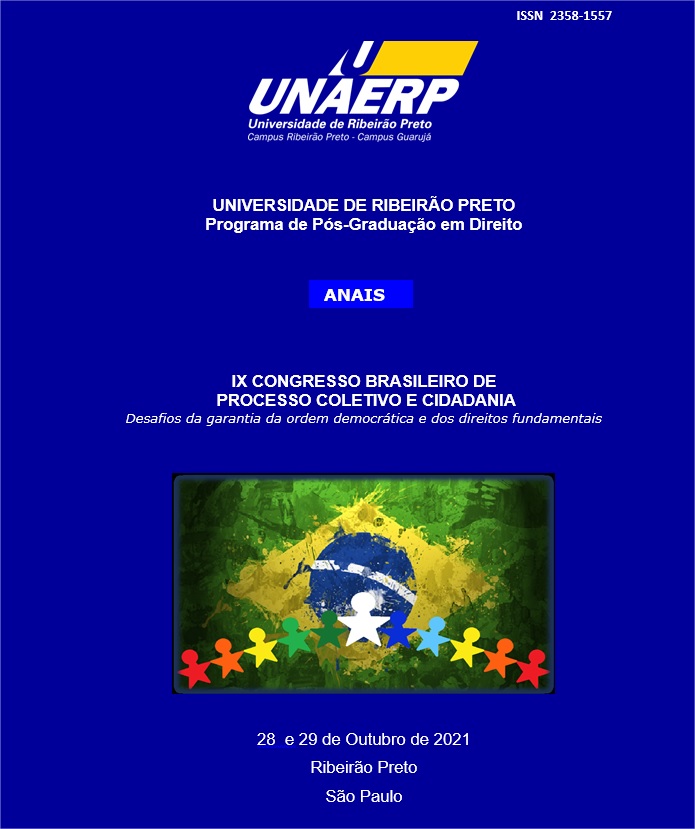JUDICIALIZATION OF PUBLIC POLICIES IN CONTEMPORARY JURISPRUDENCE: BRIEF CONSIDERATIONS ON THE STRUCTURAL PROCESS
Abstract
In this work, an exploratory study is made about the judicialization of public policies in Brazilian jurisprudence. The methodology consisted of verifying the up-to-date laws, doctrines and jurisprudence relevant to the matter. The approach is qualitative, supported by literature review and descriptive analysis of the researched phenomena. The contribution is relevant due to the importance of the theme in the contemporary legal context, revealing the invasion of law in social relations and in the republican powers, externalizing the change from a monocentric to a polycentric legal system, where normative production is no longer exclusive to the Legislative, reallocating the Judiciary Power as a strategic organ in plural democracies. It is concluded that there is a differentiation between "judicialization" and "judicial activism", whose point of convergence is located in the global movement of protagonism in the jurisdictional activity, permeated by evaluation standards: the protection of the rights of minorities and vulnerable in democracies pluralists; popular deliberation in the decision-making process of other Powers; the functioning of democracy, by which the government of the majority imposes itself, unless it imposes a threat or damage to fundamental rights, when the situation is reversed; the greater the technical capacity to resolve the legal issue, the lesser the interference of the Judiciary in the sphere of other Powers should be. As for the options for judicialization of public policies made available to citizens and other legitimate assets, the structural process that appears to be so invasive in public policies is actually an efficient and rational method of organizing them.
Keywords: Public Policies. Judicialization. Democracy. Constitutional right. Legitimacy.
Downloads
Published
How to Cite
Issue
Section
License
Copyright (c) 2022 Anais do Congresso Brasileiro de Processo Coletivo e Cidadania

This work is licensed under a Creative Commons Attribution-NonCommercial-NoDerivatives 4.0 International License.
